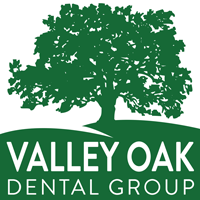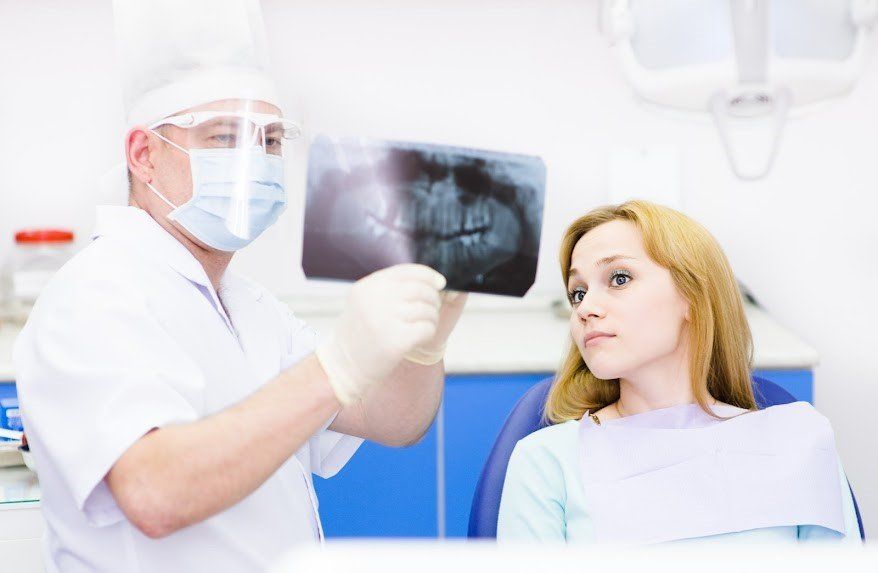Valley Oak Dental Group
After you found out you were pregnant, you likely visited your doctor to start prenatal care. You want to do everything you can to keep yourself and your baby healthy during your pregnancy. You may note every future doctor’s appointment to ensure your baby is strong during the next several months. And you plan to take prenatal vitamins, exercise, eat healthy, and drink plenty of water so you can stay healthy as well.
However, don’t forget one important aspect of your overall health: your dental hygiene. Pregnant women experience multiple changes in their bodies-and their mouths are no exception.
Below, we’ve provided a guide to help you maintain good oral health during your pregnancy. Read on to learn how your mouth may change during the next few months and what you can do to keep your mouth and your baby as healthy as possible.
Hormones Will Affect Your Dental Health
During your pregnancy, your body’s hormone levels increase. As those levels get higher, you are more at risk for developing certain dental health issues.
For example, many medical professionals believe that rising HCG levels cause morning sickness and nausea, and certain tastes and smells may make you feel sick. If the taste or smell of your toothpaste causes you to feel nauseous, you may not want to brush your teeth as often.
As a result, you may have more plaque buildup on your teeth and more bacteria in your mouth-and all of these factors can negatively impact your dental health.
Pregnancy can cause some women to develop gingivitis or gum disease. You may also notice tooth erosion, dry mouth, loose or mobile teeth, and cavities.
Recent research suggests that women who have untreated oral health issues like gum disease during pregnancy are more at risk for delivering premature, underweight babies-and these children are more at risk for developing health issues like hearing and vision problems and cerebral palsy.
While you can’t do anything about the changing, rising hormones levels you’ll experience during pregnancy, you can take extra measures to maintain good oral health and protect yourself and your growing child.
Morning Sickness Doesn’t Have to Stop You From Dental Care
One measure you can take during pregnancy is to keep brushing and flossing your teeth, even if the smell and taste of your toothpaste don’t sit well with you.
Purchase bland toothpastes and floss so you can still care for your teeth without getting nauseous. Make sure to brush your teeth twice a day and to floss at least once a day. Use a soft-bristle toothbrush as well. Harder bristles may irritate your already sensitive gums.
Additionally, if you’ve thrown up any time during the day, you’ll need to take a little extra care to keep your teeth in good shape. The stomach acid in your vomit can cause your teeth to erode. However, after you’ve thrown up, don’t brush your teeth right away. The motion pushes acid around and deeper into your teeth, which can cause your teeth to erode faster.
Instead, rinse your mouth out with a solution made of water and baking soda. This mixture will reduce the pH level of your mouth and remove much of the acid. Wait a little while after rinsing before you brush your teeth.
Dental Checkups Are Safe During Pregnancy
Another way you can ensure your dental health is to visit your dentist regularly during your pregnancy. As soon as you find out you’re pregnant, schedule an appointment with your dentist. He or she will clean your teeth and perform a routine checkup, and all of these basic procedures are safe.
During this visit, your dentist will also create a dental plan that you should stick to for the remainder of your pregnancy. This plan will likely include additional cleanings and checkups each trimester to ensure that your teeth and gums are healthy and that you aren’t at risk for developing gum disease or other dental issues. Your dentist may also provide you with tips you can use in between appointments.
If part of your treatment plan includes taking X-rays of your mouth, don’t worry. The American Dental Association (ADA) considers X-rays safe during pregnancy. Other procedures, like root canal treatment, are also safe, but you’ll want to wait until at least your second trimester to have them done.
Any time your dentist recommends a procedure, ask him or her the best time to schedule the treatment based on how far along you are in your pregnancy.
Cravings Can Impact Your Teeth
Perhaps one of the most interesting parts of being pregnant is realizing how many different cravings you have. Some women may crave sweet treats like candy and ice cream while others crave acidic foods like pickles, oranges, or grapefruits.
Make sure the foods you crave won’t harm your teeth. For example, too much sugar can cause more bacteria to grow in your mouth, and the bacteria can cause problems like gum disease. Similarly, acidic foods can strip away your tooth enamel if you eat too much over time.
Any food is good in moderation, but ask your dentist what tips you can use at home so you can eat the foods you crave without harming your teeth and gums.
Pregnancy will come with a lot of surprises and unknowns, but one thing is certain: you can still keep your mouth healthy during your pregnancy. Use the information above to keep your teeth and gums healthy, and don’t hesitate to contact the dentists at Valley Oak Dental if you have any questions.
Share Post
Search Post
Recent Posts








